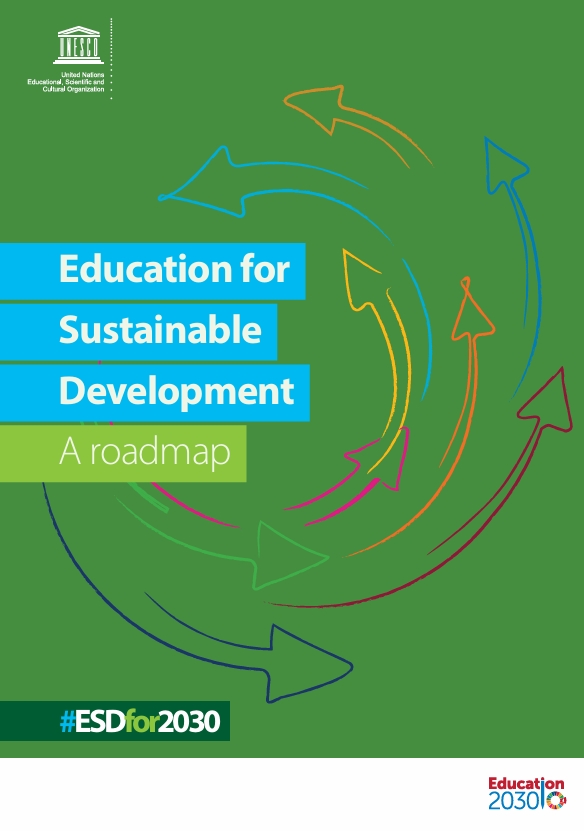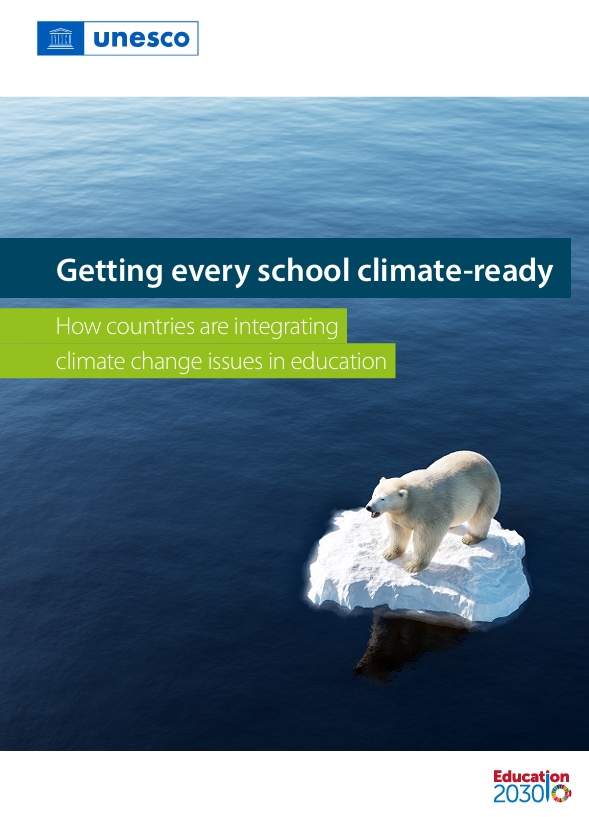Universities need to rethink how to teach students the abilities not just to perform at their future jobs, but to navigate the world and improve their lives.
The purpose of universities is to educate students, fully form them as integrated individuals, prepare them for professional work, and challenge them intellectually. These objectives are crucial components of higher education’s value in training professionals and people to have optimum cognitive and critical capacity. Most higher education programs hold in high esteem the academic subjects that ensure the development of these faculties. However, there are also practical skills that are very valuable on a personal level for any graduate, regardless of the career they pursue.
From how to budget, write a resume, or know how to tell real from fake information, universities can offer subjects that help students perform these fundamental and essential tasks. We present five practical-skills topics for personal development.
Employment and networking
While higher education prepares a person for a job, no designated subject teaches them how. According to a study conducted by recruitment consultants Stand Out CV, a recruiter spends 6 to 8 seconds at first glance at a resume, and they discard 80% of these documents in that brief instant. How to write resumes better to attract their attention? Why don’t universities have a standard core class to teach the successes and failures of writing them?One of the fundamental promises of university education is to put graduates in an excellent position to secure employment. A good first impression is a key to passing through the recruiter’s anteroom; that key is undoubtedly the CV. Ensuring that students master these tools is critical but not the only aspect of job procurement that should be present in a training program. Networking is also vital to successfully entering the labor market.Universities have extensive contact networks and support for the benefit of students. However, no class teaches them to efficiently use these networks and leverage them before and after graduation. Perhaps this aspect is so social and practical that it is not easily taught in a classroom. However, mentoring programs can compensate for this by conferring specific teachings that do not fit a theoretical study plan.Personal Finance
The management of personal economy and budget has been very topical recently; however, there is a long way to go to comprehend its indispensability. In the United States, the percentage of students who entered university with a previous course on personal finance increased from 16.4% (2018) to 25% (2022). In India, 27% of the general population knows how to manage their personal budgets. Meanwhile, the percentage of Mexicans that don’t know where they spend their money rises to 51, according to the Annual Report of Financial Welfare from Invest+edWhile the argument can be made that good money management should be taught in middle and high school, college should at least be the last defense to prevent students from entering the professional world without knowing how to manage their purchasing power. Students need to make critical financial decisions from a young age, decide whether to obtain a loan to pay for their education, begin a credit history to later buy a car or a house, and consider a retirement fund as soon as they graduate. Thus, effective programs and capable teachers are needed to help students learn and manage personal finances as an integral part of daily life.
Information ethics (fact-checking)
The enormous amount of information circulating on the internet in content bubbles and echo chambers have made critical thinking and fact-checking skills a fundamental necessity. According to a paper in the research journal Springer Open, college students rarely evaluate the information they find online. They do not attempt to search for the original sources of the content they read, nor do they investigate the people or organizations that author it.
Other research, sponsored by New York University, reported that Facebook users interacted with fake content 70 million times per month. Before the 2016 U.S. presidential election, the figure was 200 million. A curriculum that trains students to deal with the effects of data overexposure and discern the value of this data could significantly help curb the polarization that has been increasing exponentially in the last decade.
What do you think about developing courses dedicated to students’ personal growth, including those that teach them practical skills to think and live better? Do you think they should be core curriculum subjects? Are any of these subjects already taught at your university? What has been your experience with these classes? Let us know in the comments.
Connect with us :






